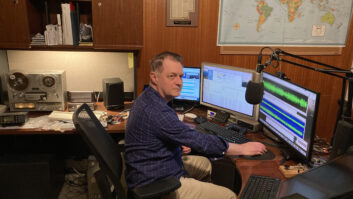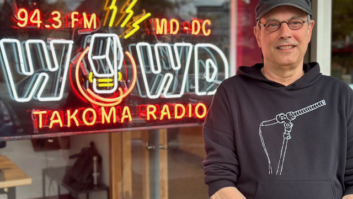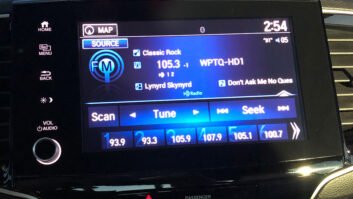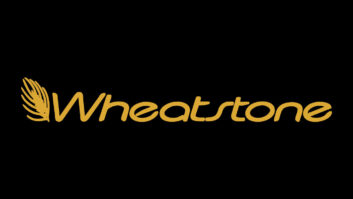
The author is a media analyst based in Stockholm, Sweden.
STOCKHOLM — In 2017 Norway switched-off its national FM network and replaced it with DAB+.
DAB promoters depict the transition as ”successful.” However, many listeners do not agree. According to a survey carried about by market research firm Kantar TNS, 50 to 70 percent of the Norwegians are against the switch off.
In addition, certain observers feel that trying to force listeners to scrap their FM receivers is a trap for major broadcasters, which include NRK and two foreign-owned commercial networks, Bauer and MTG. Kantar TNS reports have shown that NRK has lost a considerable part of its listeners — at least 20 percent during 2017.
It is clear that many Norwegians are unhappy about the switchover. An editorial in the daily newspaper “Dagbladet” summarized the year 2017 in Norway by stating “the FM switch off brings the nation together on the same level that cross-country skiing does.”
In the meantime, a few listeners are discovering the setbacks to DAB+. While driving in a car, for example, it is possible to lose a DAB+ signal for which there is no automatic FM backup as in other countries. Newspapers and social media have reported episodes of disappearing DAB+ signals.
What’s more, social media is buzzing about the resistance to the switch off. One rapidly growing anti-FM switchover Facebook group ”Nei til tvangsinfœring av DAB i Norge” has reached 7,500 members in just eight months. In addition, several major and regional newspapers have published negative editorials, op-eds and articles about the switch off. A selection of articles can be found here.
Questions abound as to the high costs for listeners to replace their receivers and the impact of internet on radio developments. Some Parliamentarians in Stortinget are asking the Minister of Culture about the project. “DAB was forced through against people’s wishes. Again, we get evidence that the transition was too early and unnecessary,” said MP Morten Wold, media spokesman for the Progressive Party, Framstegspartiet, a part of the coalition government.
[Read more guest commentaries under the Columns & Views tab at radioworld.com.]
Local radio is of special concern for politicians. According to experts, such local players with FM concessions until 2021 “will not survive in a DAB multiplex together with three dominant players operating 30 channels.”
Meanwhile many Norwegians are now tuning to local commercial or community FM radio and almost half of the population can listen to cross-border broadcasts, mostly from Swedish public radio. Neither Sweden nor Finland is planning to switch off FM.
Norway boasts one of the world’s fastest mobile broadband capacities. Many listeners losing NRK and commercial channels on FM are discovering that the choice and sound quality on the internet is superior to the DAB+ offering.
We also need to consider how the smartphone as a universal listening platform will influence the progression of DAB, particularly since NRK’s efforts to convince smartphone manufacturers to include DAB+ have not been successful.
The Norwegians will persevere and determine the best way for them to access radio at home and on the road. We will then discover the ultimate winner and loser of this transition. We just may be surprised to discover FM radio’s endurance.












